Protests by Ukrainian farmers are sparked by a glut of cheap grain.
April 8, 2023Tweet
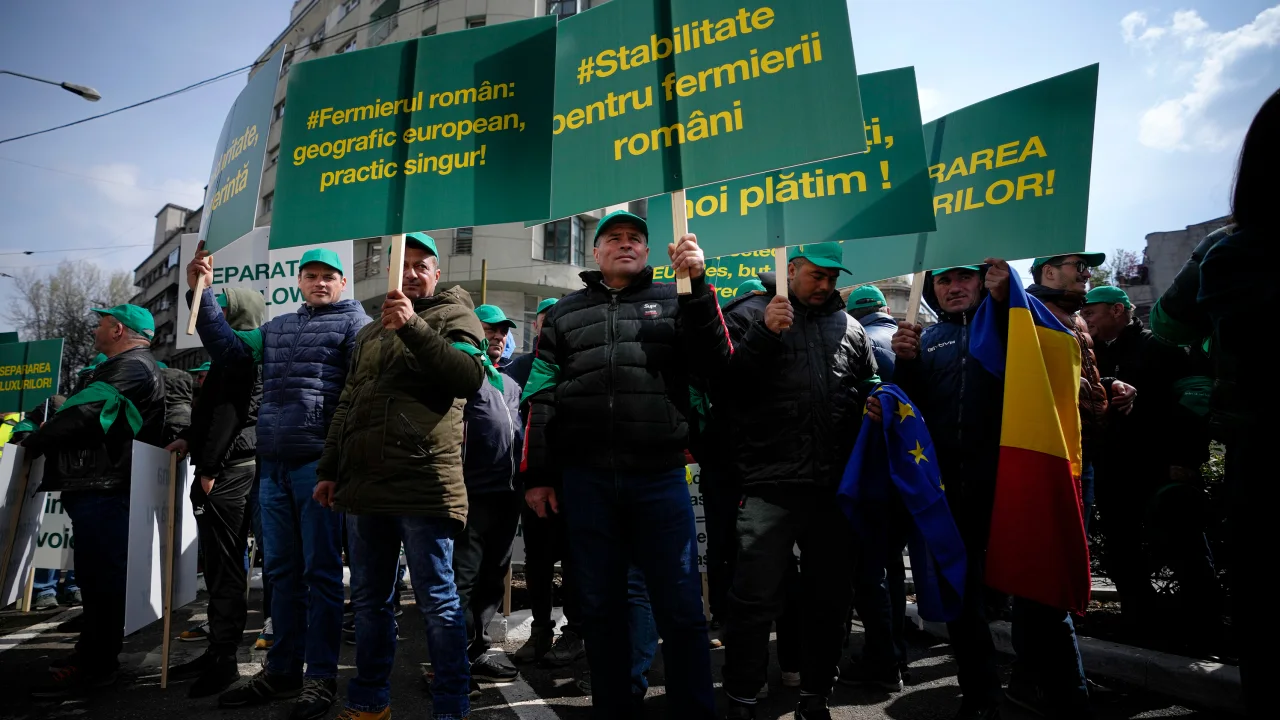
Farmers in central and eastern Europe protested the impact of cheap Ukrainian grain imports, which have undercut domestic prices and hit the sales of local producers. Protesters blocked traffic and border checkpoints with tractors along the border between Romania and Bulgaria, in an effort to prevent Ukrainian trucks from entering their country. Local producers say they cannot compete with the price of Ukrainian grain and have demanded compensation from the European Commission. The European Commission set up “solidarity lanes” in May to facilitate exports and temporarily eliminated all duties and quotas on Ukraine’s exports, allowing a glut of cheap Ukrainian grain to flow into Europe. Poland, Slovakia, Romania, Hungary and Bulgaria have submitted a request to the European Commission to activate the protection clause in the field of duty-free and quota-free imports of grain from Ukraine.
Bulgaria’s agriculture minister Yavor Gechev said that a local glut is being created on the agricultural market, because instead of export corridors our countries are becoming warehouses. The National Association of Bulgarian Grain Producers reported that 40% of last year’s grain and sunflower harvest remains unsold. Romanian farmers are also feeling the strain, with Liliana Piron, executive director of the League of Romanian Agriculture Producers’ Associations, saying they have reached a point where they can no longer face the costs of “unfair competition” from Ukraine. In response to the growing unrest, the European Commission proposed support measures worth 56.3 million euros (around $61.3 million) for Bulgarian, Polish and Romanian farmers to compensate for the economic loss due to increased imports. “The trade disruptions incurred by the Russian aggression should not take place at the expense of farmers from neighboring countries,” the Commission said.
European-commission -ukrainian -commission European
Comments
Related news
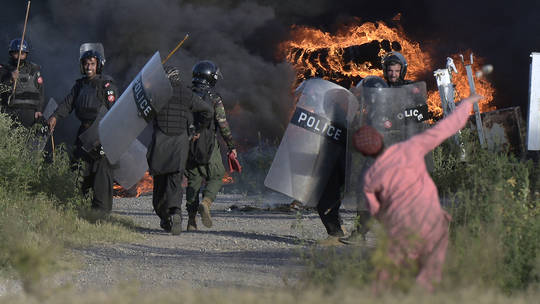
Pakistan deploys army to quell protests
Read more
According to the US, approximately 100,000 Ukrainian troops have died.
Read more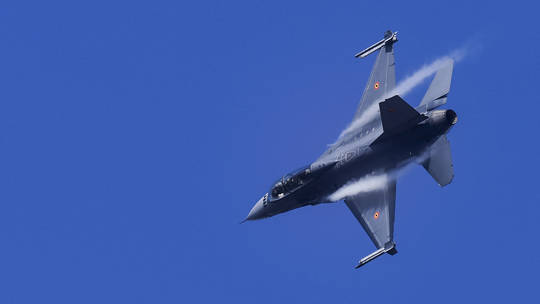
US prevents Ukrainian pilots from receiving F-16 training in Europe - NYT
Read more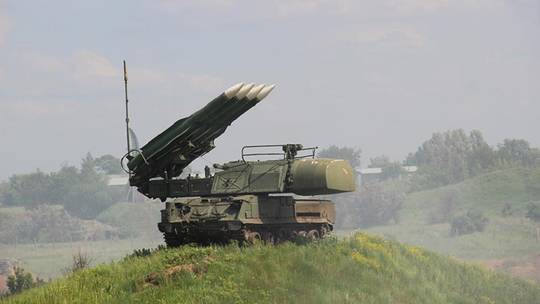
Ukrainian air defence missiles will expire in May, according to the WSJ
Read more
Ukrainian neo-Nazi unit commander's wife is hosted in Germany, according to the media
Read more
US Afghanistan inspector general cautions against Ukrainian assistance "wastage"
Read more
For the third time in less than a week, a top Ukrainian general travels to Bakhmut.
Read more
Washington Post: Intel leak reveals US scepticism over Ukrainian counteroffensive
Read more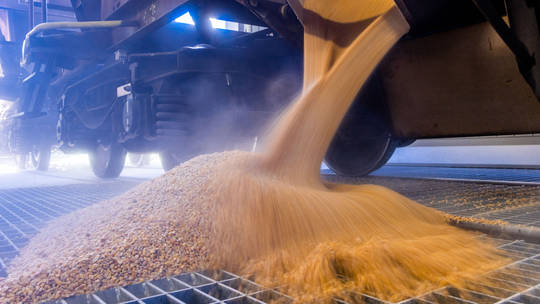
EU remarks on the Ukrainian import restriction imposed by Poland and Hungary
Read more